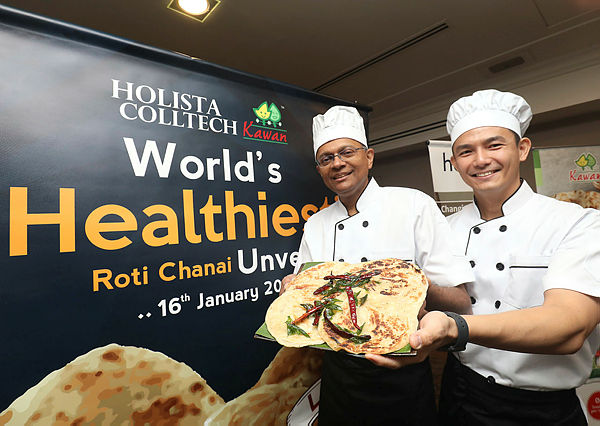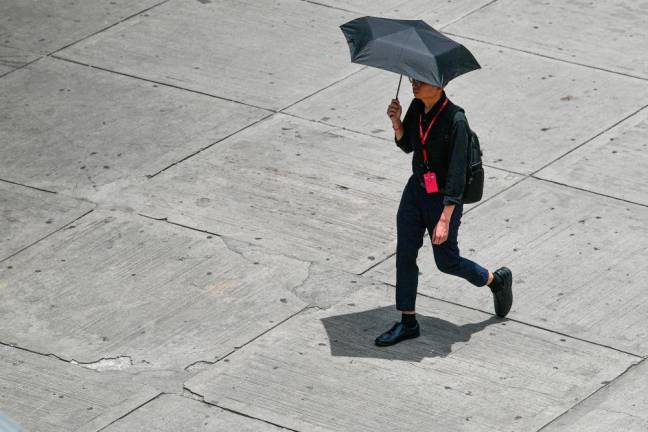PETALING JAYA: Frozen food manufacturer Kawan Food Bhd expects its earnings to remain “depressed” this year, hurt by the start-up cost and depreciation charges for its new factory in Pulau Indah, according to its managing director Timothy Tan.
“We’ve moved in (to the new factory) in July last year and shut down two factories in Shah Alam in December. We’re still trying to increase our output and the utilisation rate is not at an optimum (level) yet,” Tan told reporters today after announcing its partnership with Australia Securities Exchange-listed biotechnology research firm Holista CollTech Ltd.
“The cost of the new factory is RM200 million, and with depreciation of about RM20 million annually, our profit after tax will go down, but our earnings before interest, taxes, depreciation, and amortisation might remain the same,” he added.
Nevertheless, Tan said the group has kept its margins fairly healthy, noting its frozen paratha segment’s gross profit margins are hovering at around 40% currently.
For the nine-month period ended Sept 30, 2018, Kawan Food’s net profit was down 26% to RM17.2 million, from RM23.25 million in the previous corresponding period, mainly due to unfavourable US dollar/ringgit exchange rate, higher advertisement and promotion expenses and start up cost of the new plant incurred during the period.
To mitigate margin pressures, Tan said the group will bring in more innovation to its products and believes that its new collaboration with Holista to produce a range of low-glycemic index (GI) flatbreads for local and international markets will help to increase the consumption of its products.
He said the low-GI roti canai product will be launched in Malaysia by April this year, while sales to US consumers are expected to commence in June.
Tan said the parties expect to sell 200 containers or four million kilogram of low-GI roti canai product to the local and international markets within three years, with about 50% of the overseas’ sales coming from the US market.
He said the group is also planning to export the same product to Brunei, Singapore and UAE this year.
Currently, he said the group exports to 40 countries including US, Canada, UK, France, Australia and UAE. Its export business contributes about 60% of its revenue, and the remaining 40% from its local business.
Meanwhile, Holista managing director and CEO Datuk Dr Rajen Manicka said the low-GI versions of this popular staple food will help to address the growing problem of obesity and diabetes in Malaysia and abroad.
Rajen said the company will use its proprietary mix of ingredients, trademarked as GI Lite, to develop the flatbreads.
The GI indicates the rate at which foods containing carbohydrates raise human blood sugar levels, with a lower score indicating healthier food.













